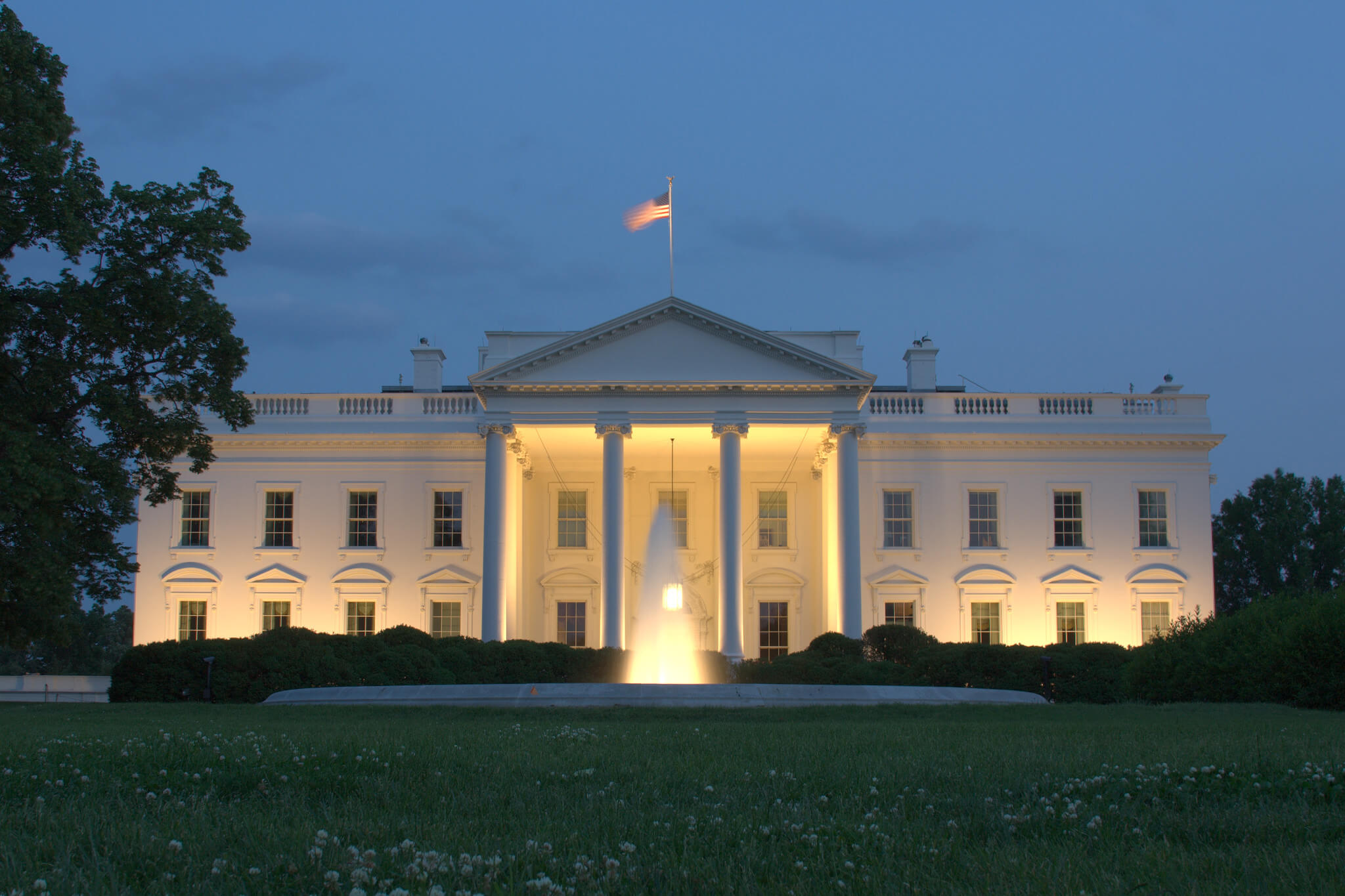Time was when New York dominated the collective and individual efforts of the electric utility industry. When the Edison Electric Institute (EEI) was founded in 1933, there was no question but that it would be located in New York. Likewise the Atomic Industrial Forum, which has morphed into the Nuclear Energy Institute, was founded there in 1952.
At least one large utility, American Electric Power, had its headquarters on Wall Street. In the early 1970s, I would travel from Washington to New York to interview AEP’s legendary chairman, Donald C. Cook. He believed in coal, and as the one-and-only fuel for electric generation. So much so that he kept a large piece of it on his desk. It was big and shiny and luminously black. In a twist of irony, Cook is remembered by his company through its only nuclear plant being named after him.
Electric utilities believed they had to be in New York because that is where they had raised their money — and they had needed to raise enormous quantities of money from the time of the first power plant.
Many myths attended the raising of capital. One was that to keep up with the blistering pace of electric demand, 7.5 percent per year at the end of the 1960s and the beginning the 1970s, utilities would drain the capital markets; take all the available money. It was said that Britain could not privatize the Central Electricity Generating Board because there was not enough liquidity in the London market to afford such a giant offering. (In reality, the public offering was oversubscribed when it was listed by Prime Minister Margaret Thatcher.)
It was clear by the 1970s, even before the energy crisis in the winter of 1973, that the U.S. government was going to be a bigger player in the future of the industry than the banks and investment houses. So gradually the trade associations moved to Washington, and the utilities moved their headquarters back into their service territories.
Washington was becoming all-important. It probably started with the National Environmental Policy Act of 1969, which was interpreted by the courts as having wide application. This was a lesson learned by the nuclear industry when it claimed exemption from NEPA under the Atomic Energy Act of 1954. No way, said the U.S. Court of Appeals for the District of Columbia Circuit. Afterward, the electric power industry realized that it had to be pro-active with legislation; it had to be in Washington and it had to lobby — and lobby hard.
The result has been that EEI, particularly under its well-liked president Tom Kuhn, has become one of the most effective trade association lobbying Congress. Its role was to prevent damaging legislation, to educate members of Congress, and to divert campaign funds to those who saw things its way.
Gradually, the whole industry came to look to Washington for redress; to ask for favors and stall damaging legislation. Its last great victory was in preserving dividends — so important to utility stockholders — from the taxman.
Now the industry is in a new crisis; a crisis that has arisen not because of policy, but of technology. Call it “the solar onslaught.”
The industry is fighting for its identity, its profitability, and its traditional role as the monopoly supplier of electricity. Solar rooftop installations are fraying the very fabric of the utilities and their business models and, for the first time in a long time, the powerful lobby that is EEI cannot help.
This is not a battle which will be fought in Washington. This is a state issue, and there are strange alliances ranged against the traditional utilities: the Tea Party with the greens, evangelicals with politically-correct Democrats.
Sadly, it is a battle in which the odds — as in journalism and telephony — are on the side of the new. Disruptive technology is at the gate. When rooftop solar is aligned with a really serviceable battery (the new Tesla offerings do not do the job yet), the utilities will feel like the makers of silent movies when the talkies came along.
The great star, Rudolph Valentino, did not survive the new technology. What of today’s utilities? — This column was previously published in Public Utilities Fortnightly.
